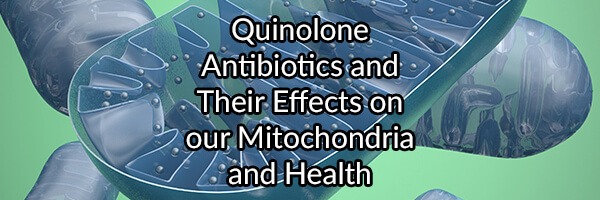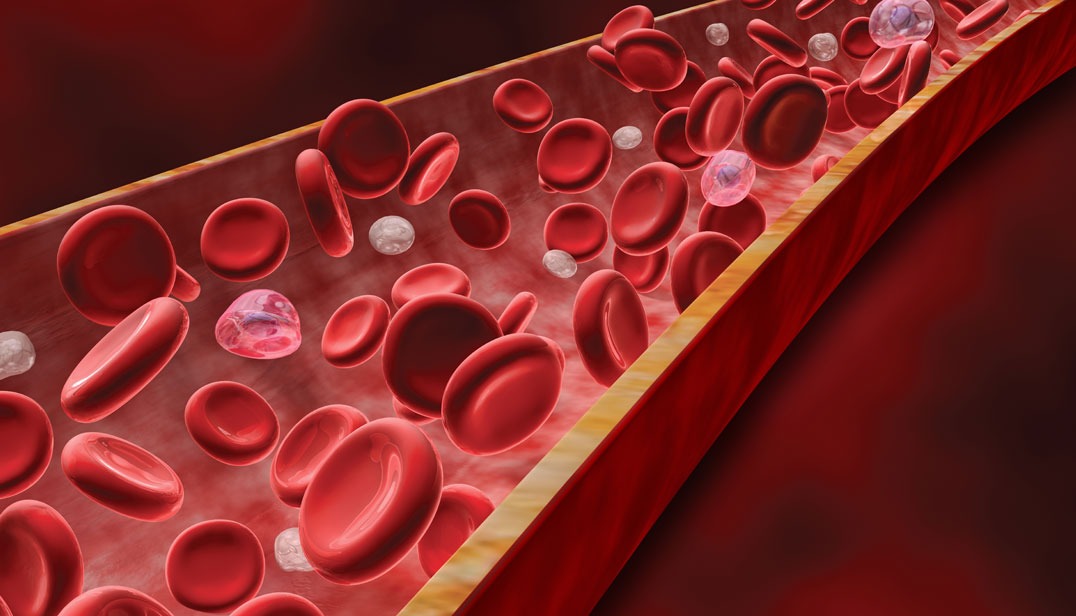
by John Brisson | Mar 9, 2018 | Awareness and Advocacy, Medications, Mitochondrial Health
Fluoroquinolone (FLUORIDE!) antibiotics like Cipro and Levaquin have been getting plenty of negative press over the years for the mitochondrial damage that they can cause. The term “floxxed” has been used for the semi-permanent or permanent side effects of these...

by John Brisson | Mar 2, 2018 | Digestive Health
I suffered from a incisional abdominal wall hernia when I was an adolescent. My appendix burst, and later exploratory surgery had to be performed to drain abscesses. The incision left me with a massive scar and a weak abdominal wall. I then developed an incisional...

by John Brisson | Feb 21, 2018 | Digestive Health, Hormones/Neurotransmitters
The primary female sex hormones estrogen and progesterone have been studied more when it comes to their effect on digestion compared to the primary male sex hormone testosterone. You can read hundreds of articles on the internet about symptoms of low testosterone (low...

by Jason Hooper | Feb 12, 2018 | Digestive Health, News and Studies
Many people come to Fix Your Gut frustrated and looking for answers or information to assist them and their doctors with figuring out and solving a gut issue. Often they feel like it is only happening to them. They are ill because of their poor lifestyle choices, and...

by John Brisson | Jan 14, 2018 | Awareness and Advocacy, Digestive Health, Supplement Recommendations, Water
The water you consume daily could be contributing to your health issues. Even when it appears to be crystal clear is often contaminated in our modern world. Plagued by everything from natural contamination to human-made pollution entering the supply, what you are...

by John Brisson | Jan 12, 2018 | Digestive Health, SIBO, Upper gut
When someone is suffering from dysbiosis, imbalances within the body can readily occur and make people ill. Upper gut dysbiosis is becoming more well-known and is separate from SIBO (small intestinal bacterial overgrowth) and colonic overgrowth. With new research, we...











